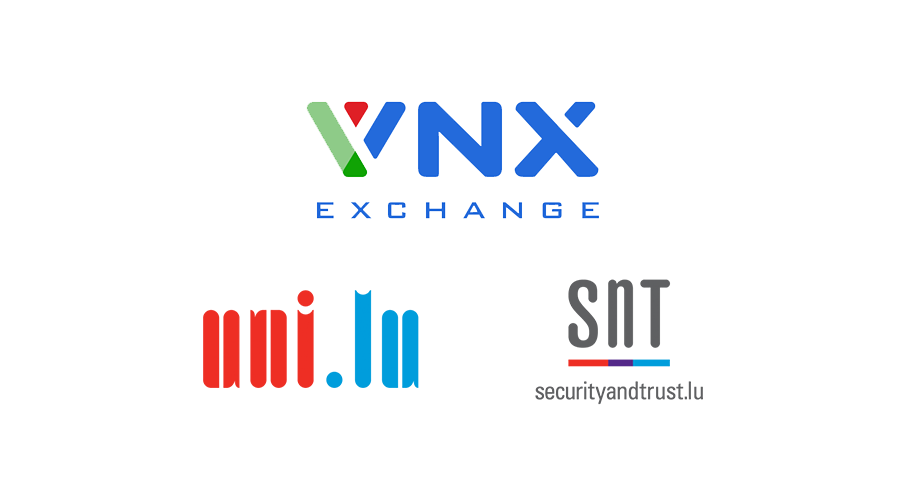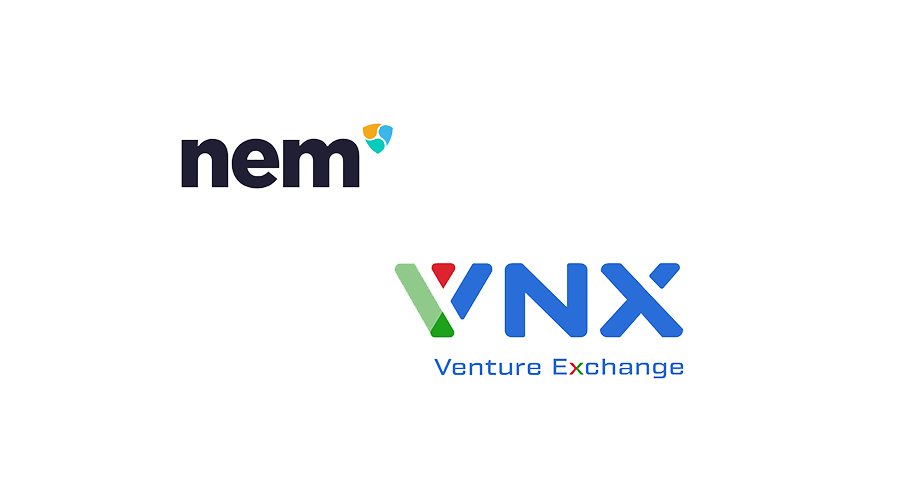VNX Exchange, the trading platform for tokenized venture capital assets and the University of Luxembourg’s Interdisciplinary Centre for Security, Reliability, and Trust (SnT) today announced their partnership to create a new standard of security for the market ecosystem for digital assets. The resulting technology may halve the global costs for cybersecurity.
Custody – or the safeguarding of assets – has been the missing piece of cryptocurrency market infrastructure and this security gap has kept institutional investors and other interested parties out of the market. Forbes predicts that the global cyber security market will hit $170 billion in 2020.
“In creating a secure and regulatory compliant marketplace for the transparent trading of tokens representing digital assets we aimed to introduce modern security mechanisms that could totally secure our platform and could impact the global cyber security market,” announced Alexander Tkachenko, VNX Exchange founder and CEO. “We expect that the results of our cooperation with an institution as specialized as the University’s Interdisciplinary Centre for Security, Reliability, and Trust will reduce global expense on security by as much as 50% of the current forecasts”.
The partnership between SnT and VNX will aim to position Luxembourg even more as a globally recognized financial center, a leader in the sphere of digital financial services and a financial technology hub. It will additionally contribute to placing the country at the forefront of security creation for digital assets in Europe and beyond.
Through the partnership, researchers at the Interdisciplinary Centre for Security, Reliability, and Trust (SnT) will help realize the goal of a secure marketplace by developing higher levels of network security than those currently available for crypto assets. They will design new IT frameworks facilitating the secure exchange of digital assets on blockchain networks. The research will also assess several distributed ledger architectures. The two partners strive to contribute to the introduction of regulation and cyber security to blockchain, allowing the creation of reasonable rules that will balance the interests of all involved players.
“This is an original use-case for blockchain. Working with VNX Exchange, we can provide IT solutions that will establish VNX as a global leader in its sector. Broadly, we need to address two aspects – protecting against criminals who might try to hack the system to steal money or information, and guaranteeing compliance with anti-money laundering and KYC regulations. Traditional systems, where you have a user interface, a database, and a networking level to coordinate them, have been around for a long time, so we know how to protect them. However, for new, heterogeneous systems that issue tokens on the blockchain, there are still several important unsolved challenges. The first is security at the software layer – you need to ensure that there aren’t any vulnerabilities in the smart contracts that control the execution of individual transactions. The second is ensuring the security of the blockchain platform itself, based on both the consensus algorithm and access rights. And the third is ensuring the security of the database, where you need to provide end-users with proof that the platform is working as it should, while keeping the data on the platform”.
VNX Exchange is nestled at the LHoFT Foundation (Luxembourg House of Financial Technology), the flagship initiative and public-private joint venture that drives technology innovation for Luxembourg’s financial services industry, connecting the domestic and international FinTech community to develop solutions that will shape the world of tomorrow.
“We at VNX Exchange are very delighted to work with SnT on the development of a secure marketplace for our customers. Their past research activities in FinTech have left us confident in their abilities. I believe that blockchain technology is the next big step in the financial sector’s evolution. This evolution will require three things: regulatory clarity, investor protection, and compatibility with current market standards. We hope that this partnership will make major strides in securing all three.”





















